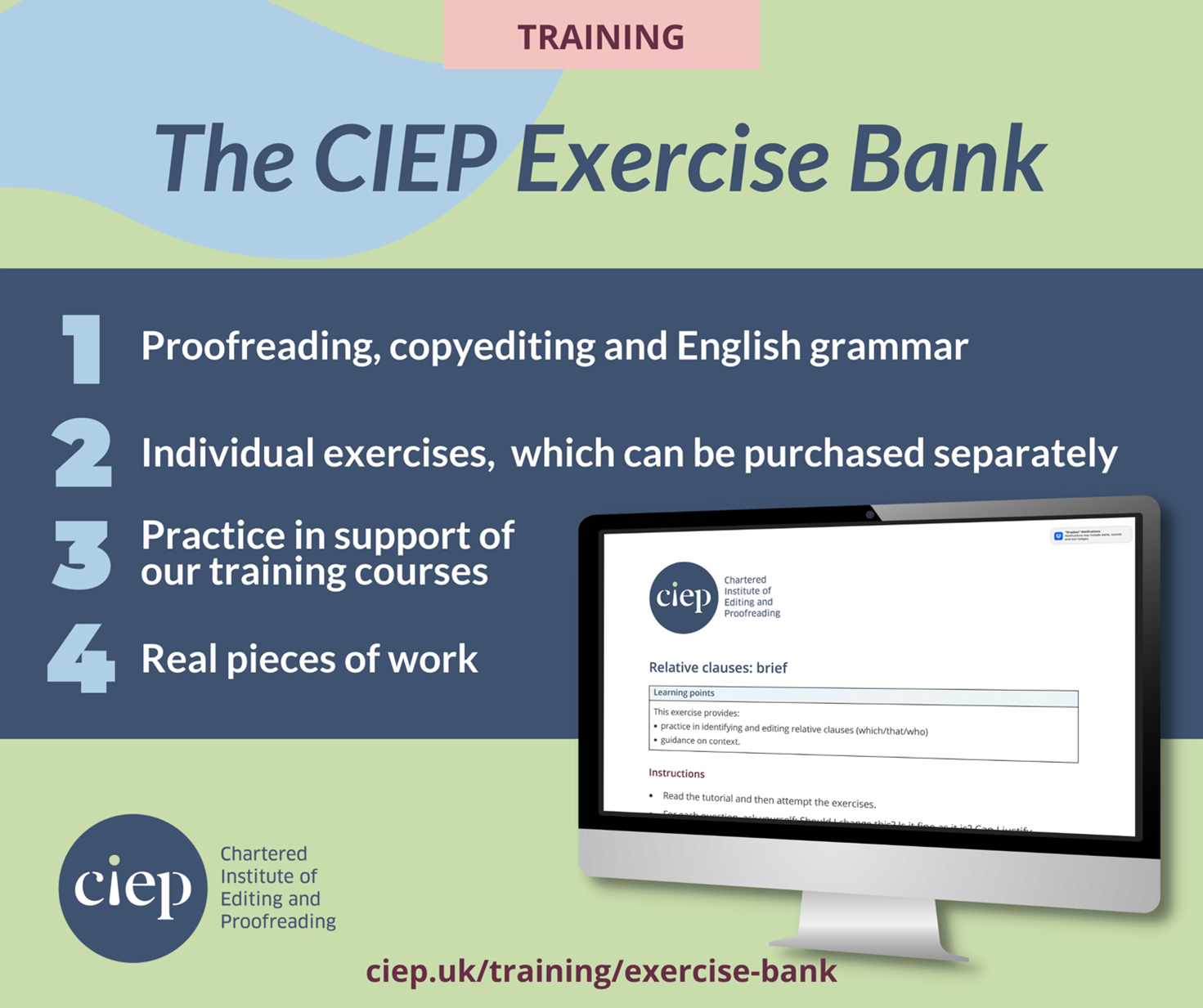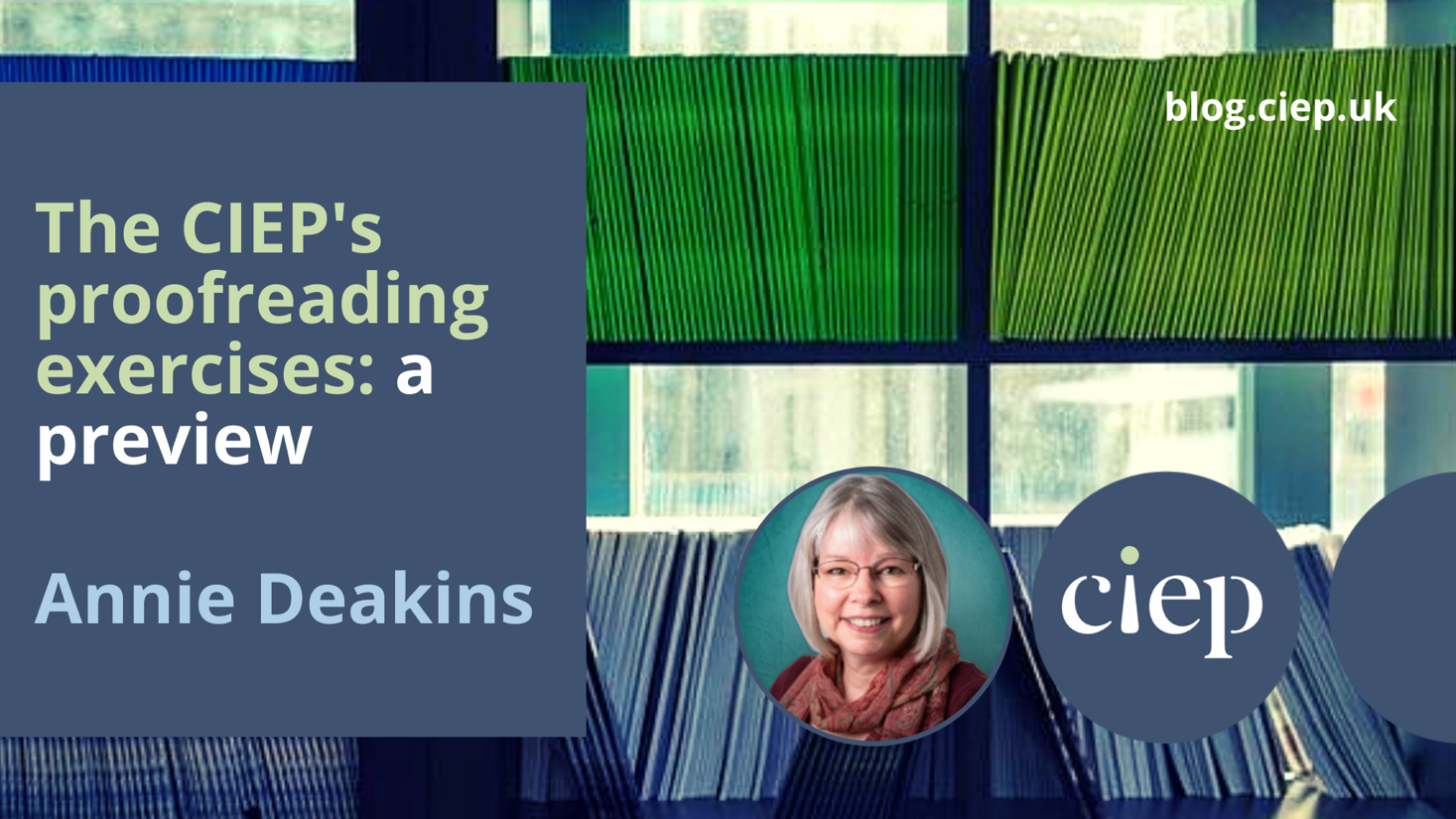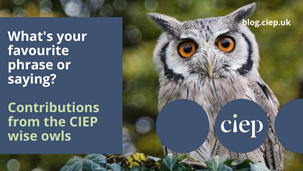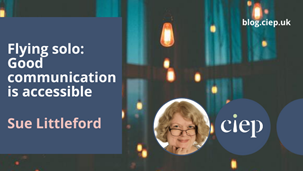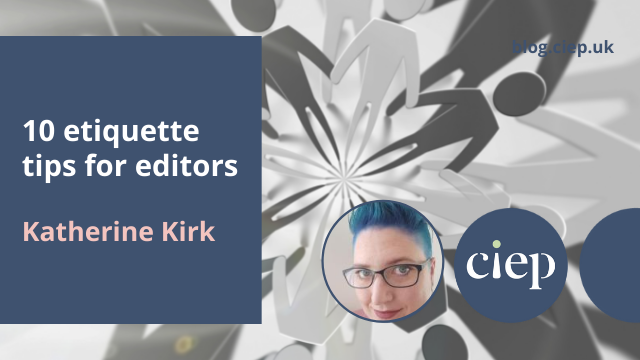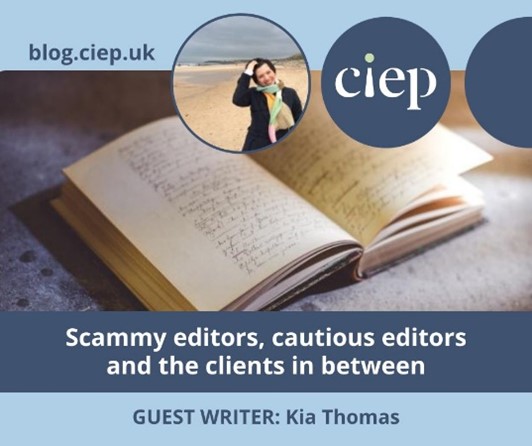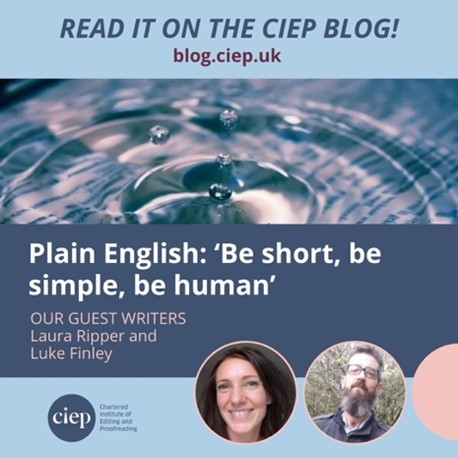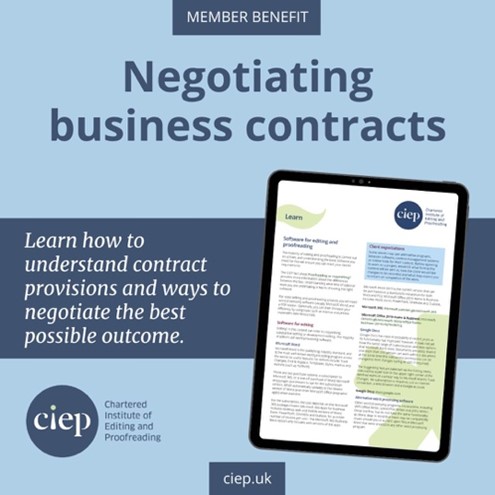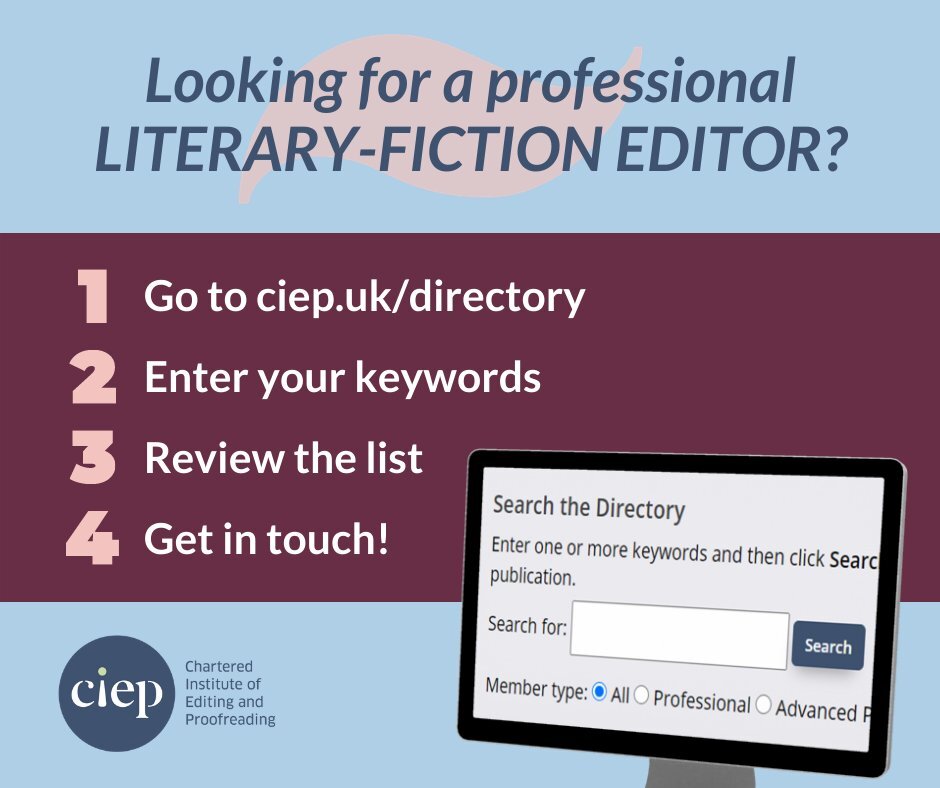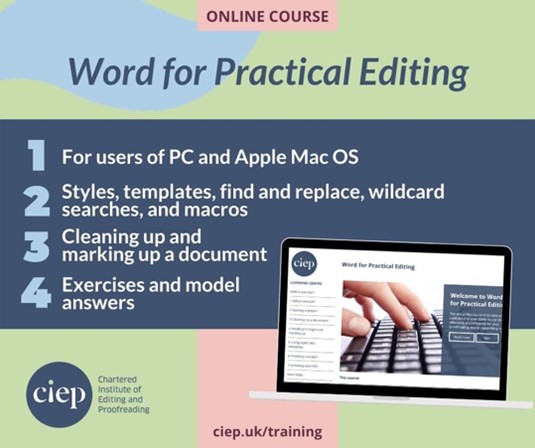Our social media team takes you through the CIEP content we’ve shared on our social media platforms during August and September 2022. This time, the emphasis falls on fiction.
Editing fiction
Several blog posts from August and September had the theme of fiction editing. There’s a common misconception out there that fiction editing is just a form of rather intense reading that you could carry out while sitting in a soft armchair drinking a mug of cocoa.
The first article listed here, which forms part of our curriculum for professional development, is by Jane Moody, our Training Director. She gives a detailed table of the competencies, skills and attitudes that we should be able to evidence as a professional fiction editor. Cocoa is optional.
One of the best sources of advice for CIEP members about how to become a fiction editor – or any type of editor – are the CIEP forums. This ‘Forum matters’ article points you in the direction of some of the best places to access information about fiction editing.
Rachel Lapidow edits role-playing games. The style sheets for such complex projects are detailed – the style sheet of her current work-in-progress is 60 pages long! She shares the structure of her style sheets and the process of creating them, and shows us how they can be useful for fiction editing too.
While you might think the main focus of fiction editing is dealing with fantasy, Sue Littleford reminds us that we also need to think about facts. Keeping records about your current work in order to optimise your future work is essential for editors of any subject matter, and fiction is no different. She describes three ways to keep records and introduces the CIEP’s free spreadsheet designed for record keeping.
‘Definite articles’ is our pick of recent editing-related content from all around the internet – and, in this edition, themes included the language of fiction, dialogue and character, plot, story and scenes, and the business side of fiction publishing.
The writing software Scrivener has some enthusiastic fans among the writing community. Scrivener allows you to restructure a piece of writing much more easily than is possible in Microsoft Word. In his ‘Talking tech’ column, Andy Coulson investigates whether Scrivener might also be a useful tool for developmental editors of fiction.
And in the editorial department …
Agile planning
An ‘Agile’ approach to planning – and the changes that occur in that planning – is a style of teamworking. It’s a project management model more familiar in the world of technology. Its principles make a priority of individuals, deliverables, collaboration and response to change. Steven Martin considers whether the Agile approach might work in publishing.
Project management
What does editorial project management actually involve and where do copyeditors and proofreaders fit into the process? In this post, editorial project manager Julia Sandford-Cooke describes her typical week and some of the tasks she often undertakes. Check out the CIEP’s Editorial Project Management course if you want to learn more.
Translation editing or copyediting?
Gwenydd Jones is an experienced translator. Early in her career she noticed clients were asking for ‘translation editing’ – with the term ‘editing’ being used very loosely. She explains what’s involved in the field of translation editing and considers how it shares similarities with copyediting.
Apostrophes
George Bernard Shaw hated them, but could we do without them? Is it time to ‘kill apostrophes’ or would that be ‘just plain wrong’? In her regular column ‘A Finer Point’, Cathy Tingle goes in search of the genuinely useful apostrophe and makes some interesting findings.
Working through the menopause
It is encouraging to see increasing numbers of conversations about menopause and perimenopause. Members of the CIEP forums shared their varied experiences of working through the menopause, which Liz Dalby has gathered here. This post also includes some links to helpful resources.
Networking and conferencing
September is usually the month of our annual CIEP Conference, so networking is on our minds. The word strikes fear into those of us of a more introvert nature. In this article, BookMachine’s Laura Summers puts paid to the image that networking has to be awkward or scary. And while networking is about making new connections and building on existing relationships, it’s also about learning and confidence-building. All things that you’ll experience at our annual conference, which you’ll be hearing about in various blog posts in the weeks to come!
The CIEP Annual Conference took place on 10–12 September 2022. Our theme was editing in a diverse world. It was our first hybrid conference (with sessions available online as well as in person); and it was our first in-person conference since 2019. Look out for blog posts in the near future on the sessions and some conference experiences from our delegates.
Our speakers did not disappoint, and special thanks go to Katherine May, Reverend Richard Coles and Ian McMillan.
CIEP Language Quiz 16
Finally, dare you try Quiz 16? It’s all about aspects of punctuation, grammar and usage when editing fiction.
Keep up with the latest CIEP content. Follow us on Facebook, Twitter and LinkedIn.
 About the CIEP
About the CIEP
The Chartered Institute of Editing and Proofreading (CIEP) is a non-profit body promoting excellence in English language editing. We set and demonstrate editorial standards, and we are a community, training hub and support network for editorial professionals – the people who work to make text accurate, clear and fit for purpose.
Find out more about:
Photo credit: wheat field by Glenn Carstens-Peters on Unsplash.
Posted by Harriet Power, CIEP information commissioning editor.
The views expressed here do not necessarily reflect those of the CIEP.


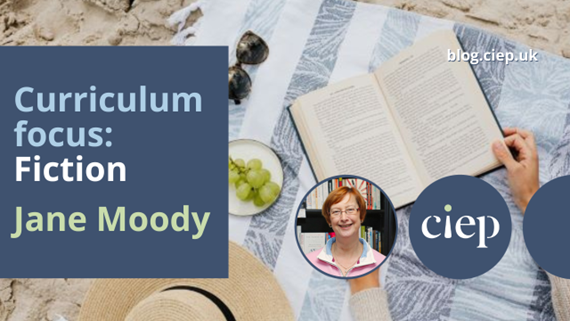
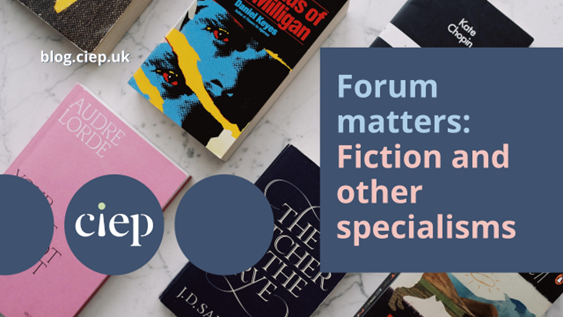
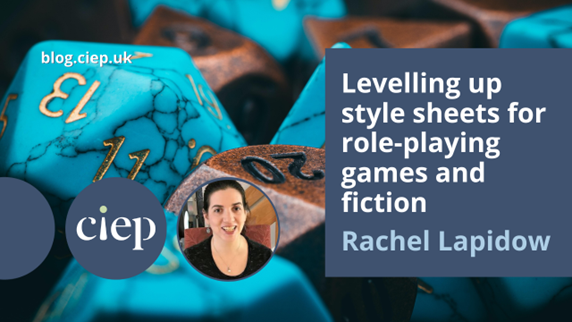
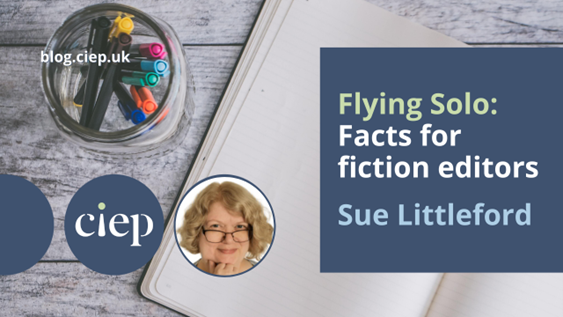
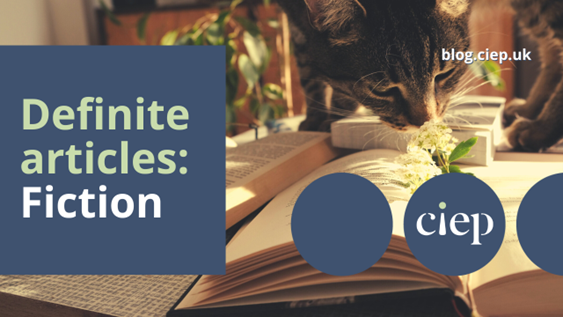
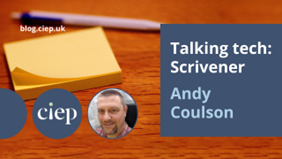

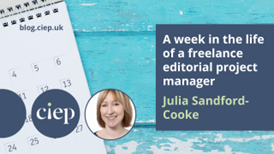

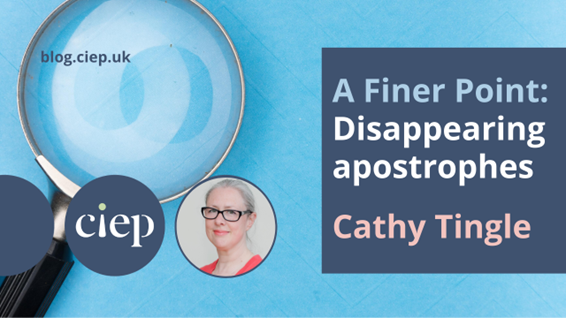

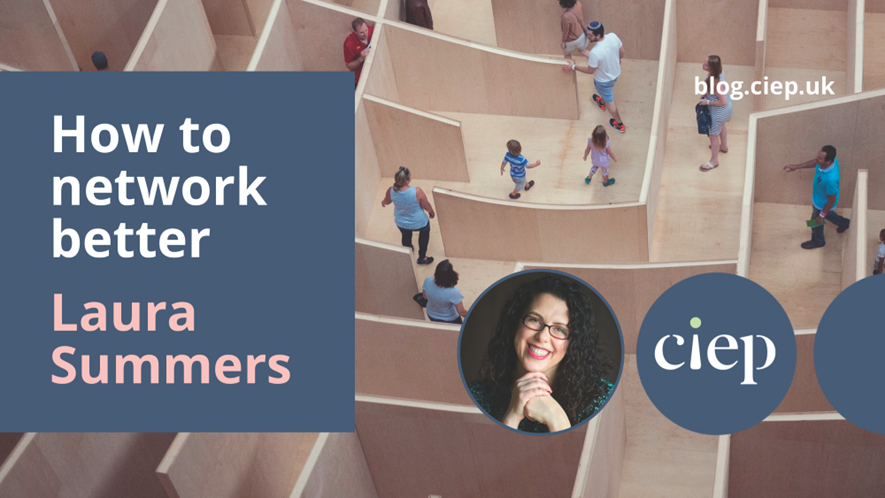

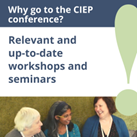
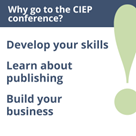
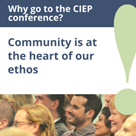




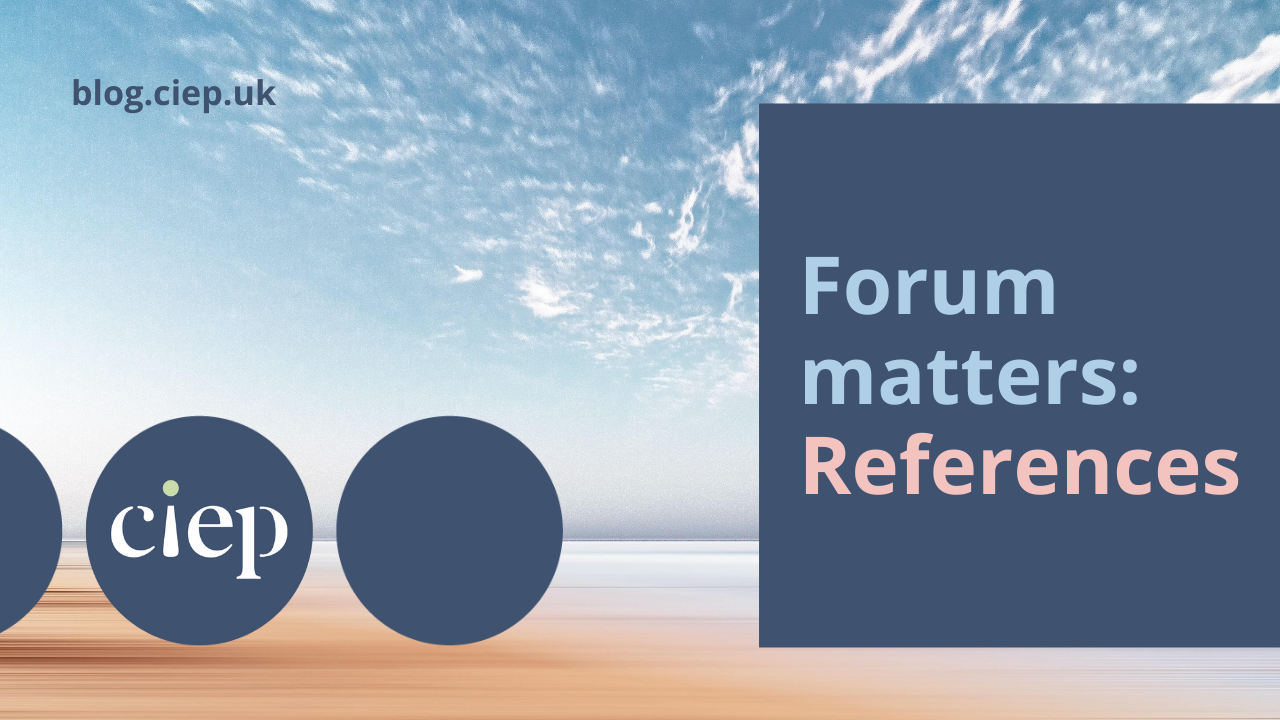

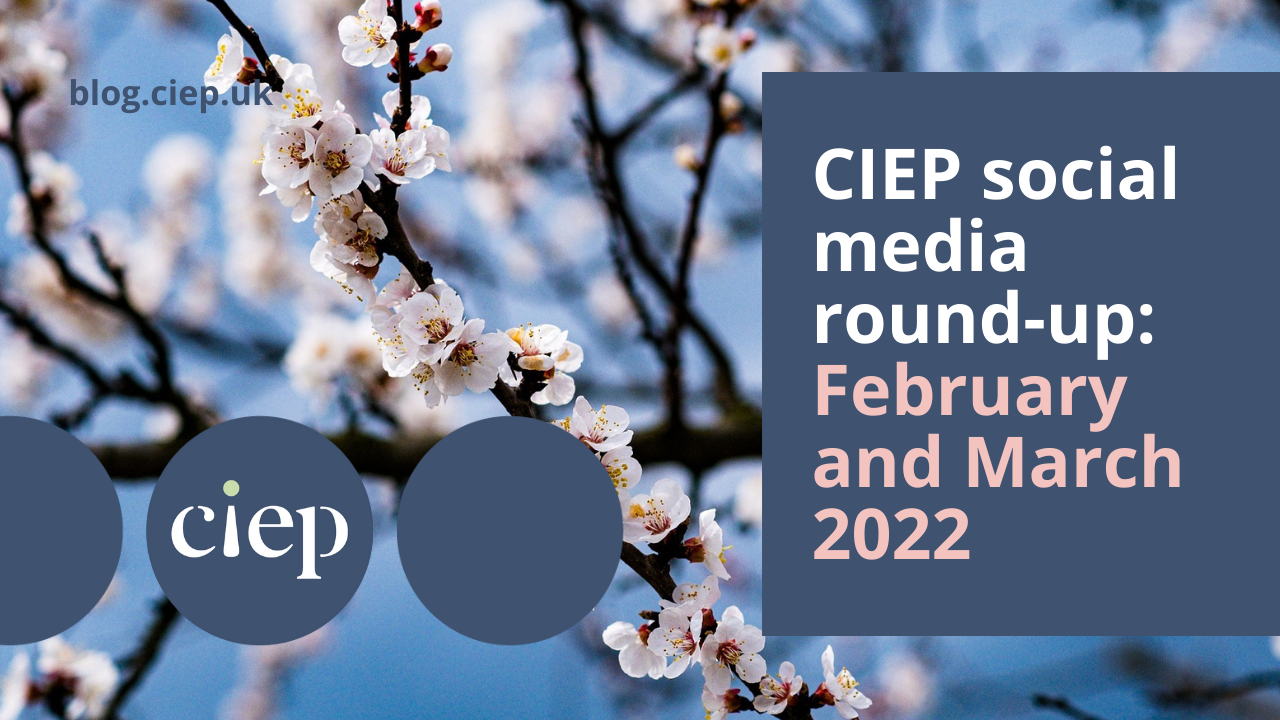
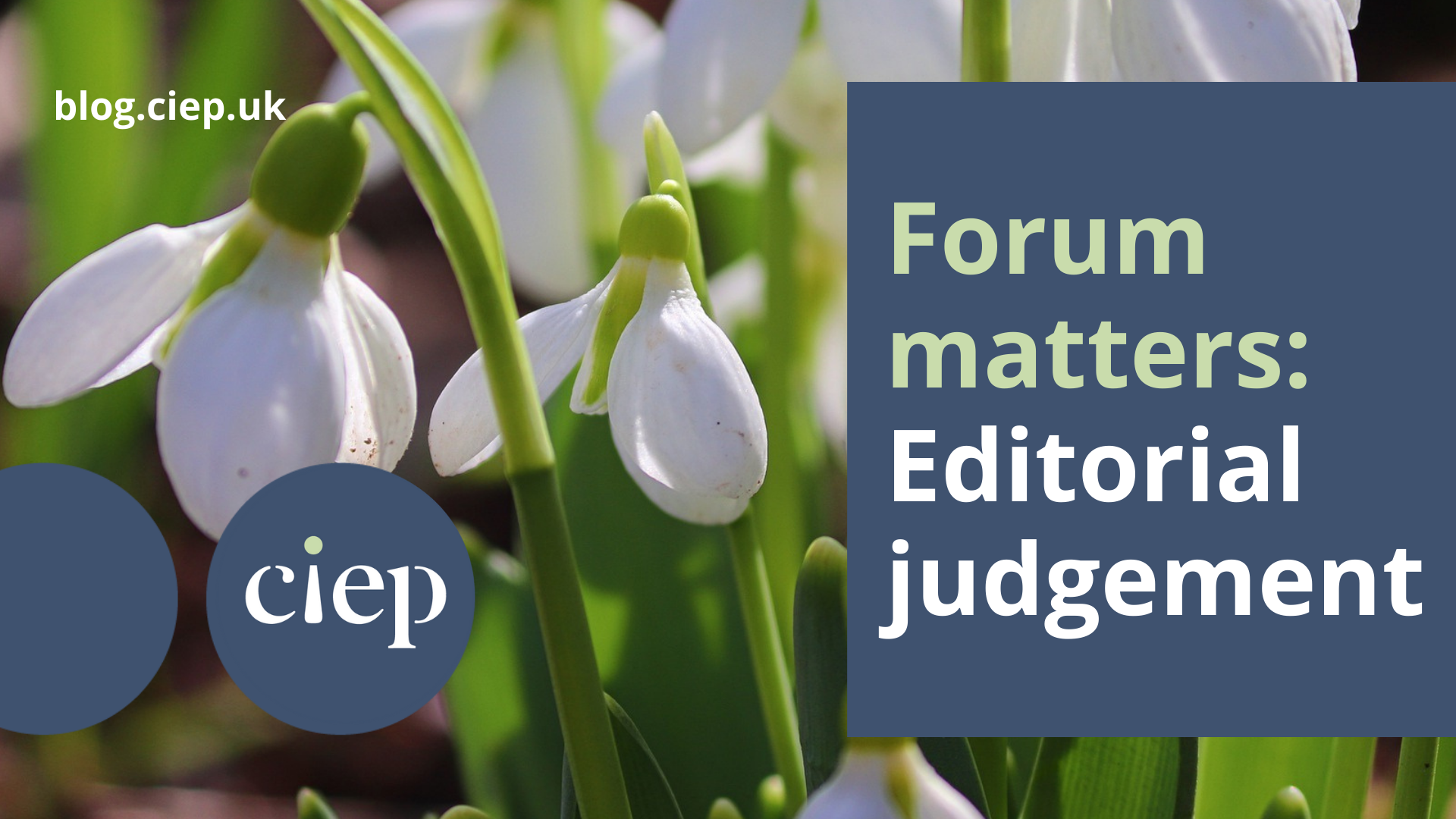
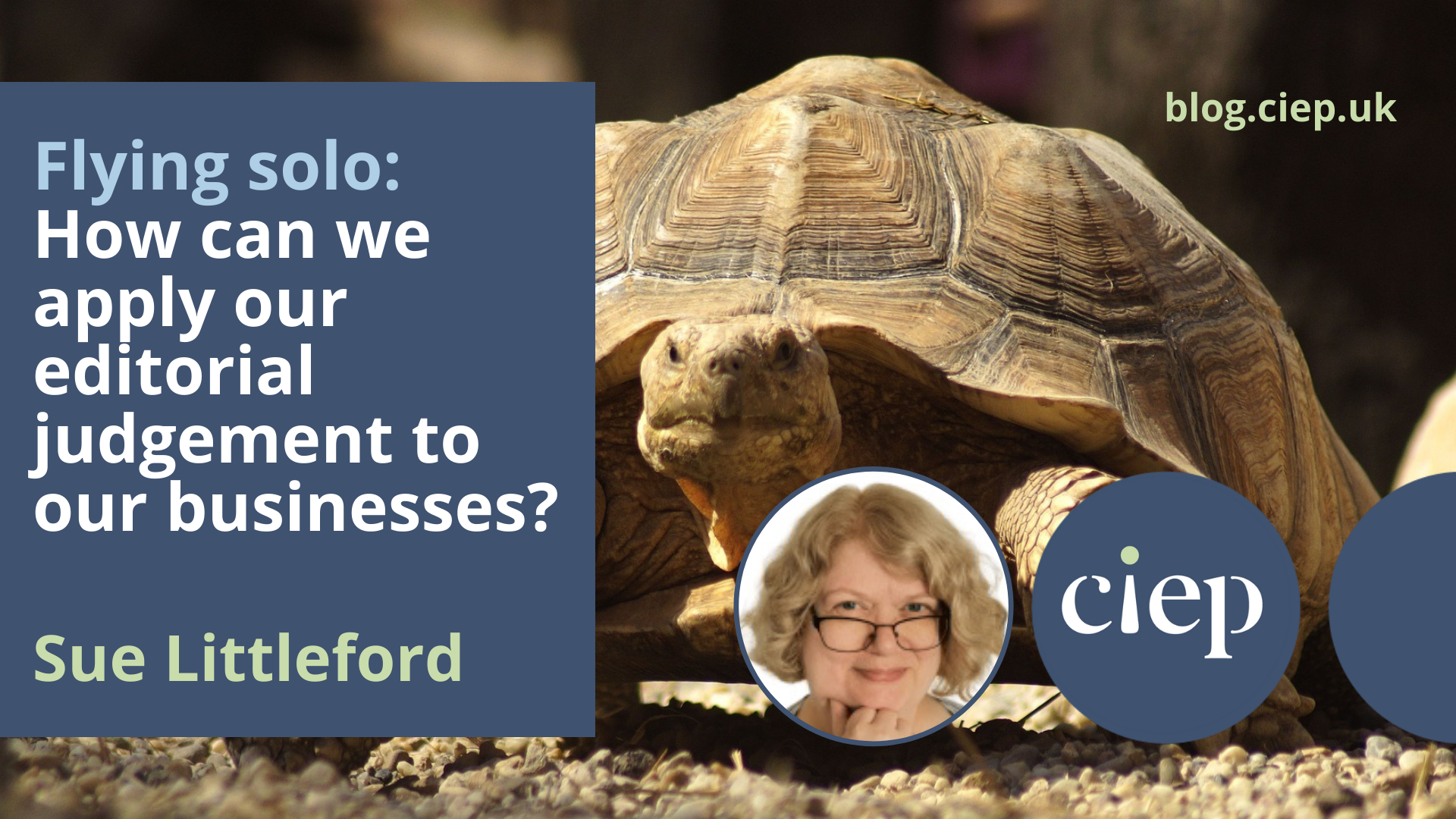

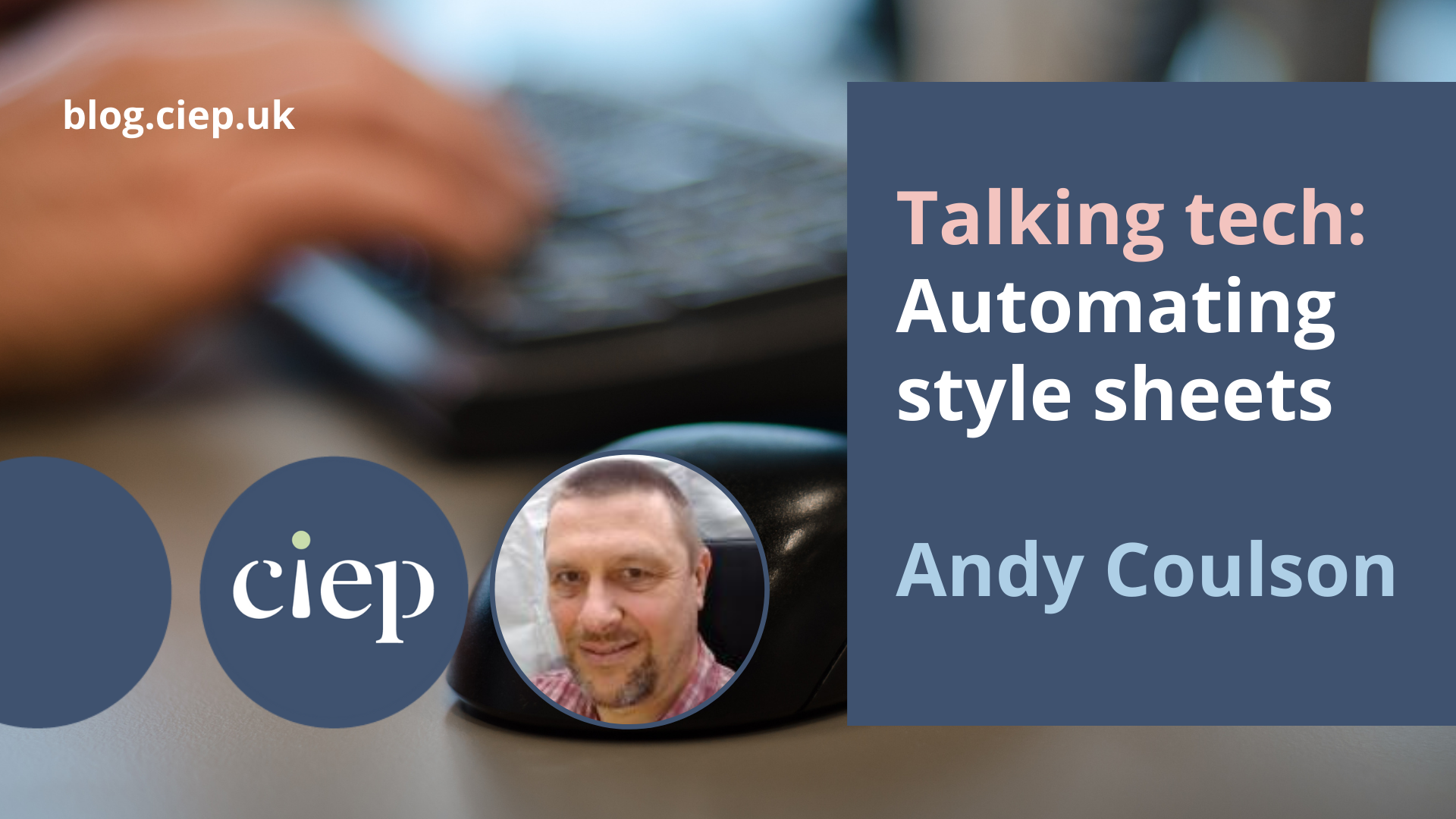

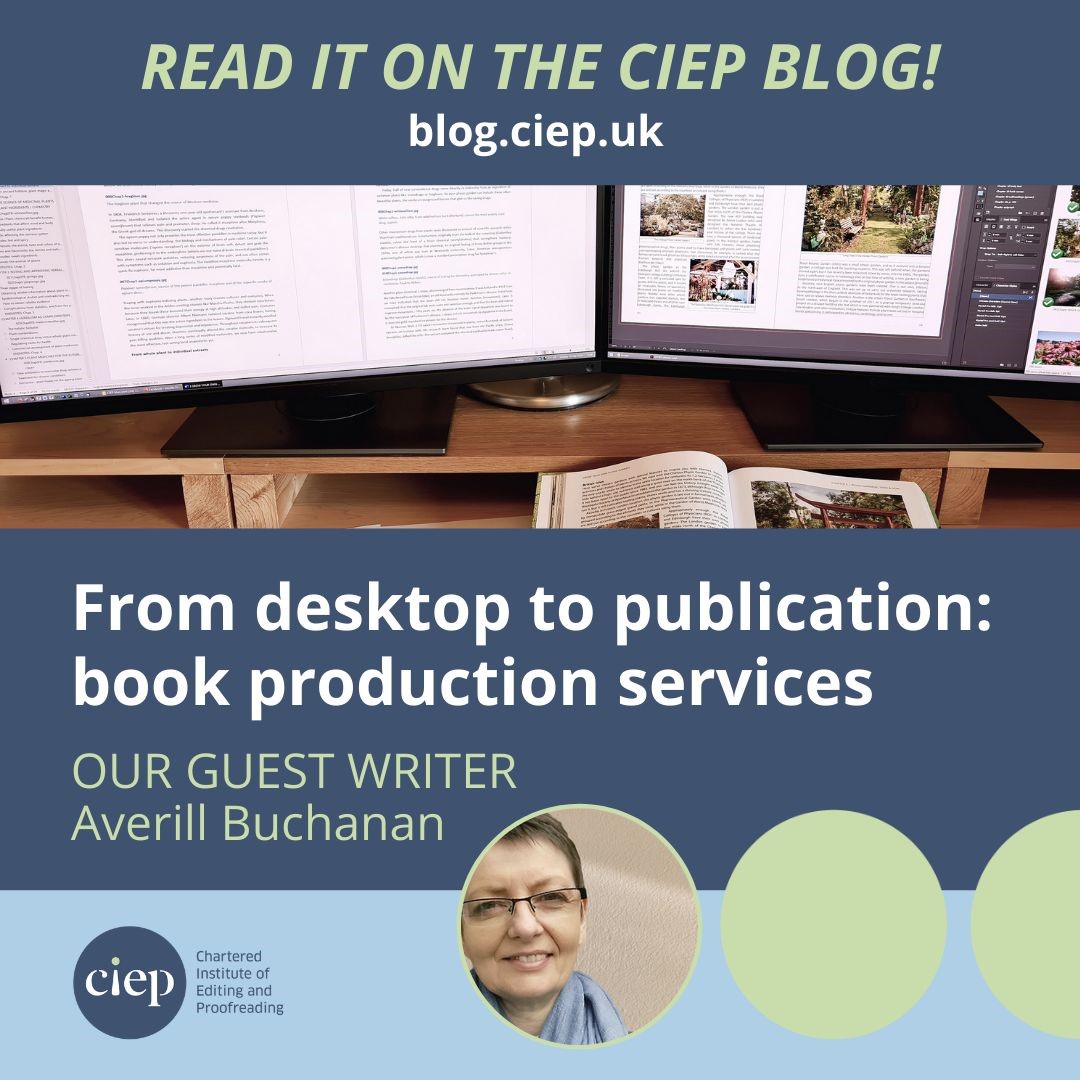

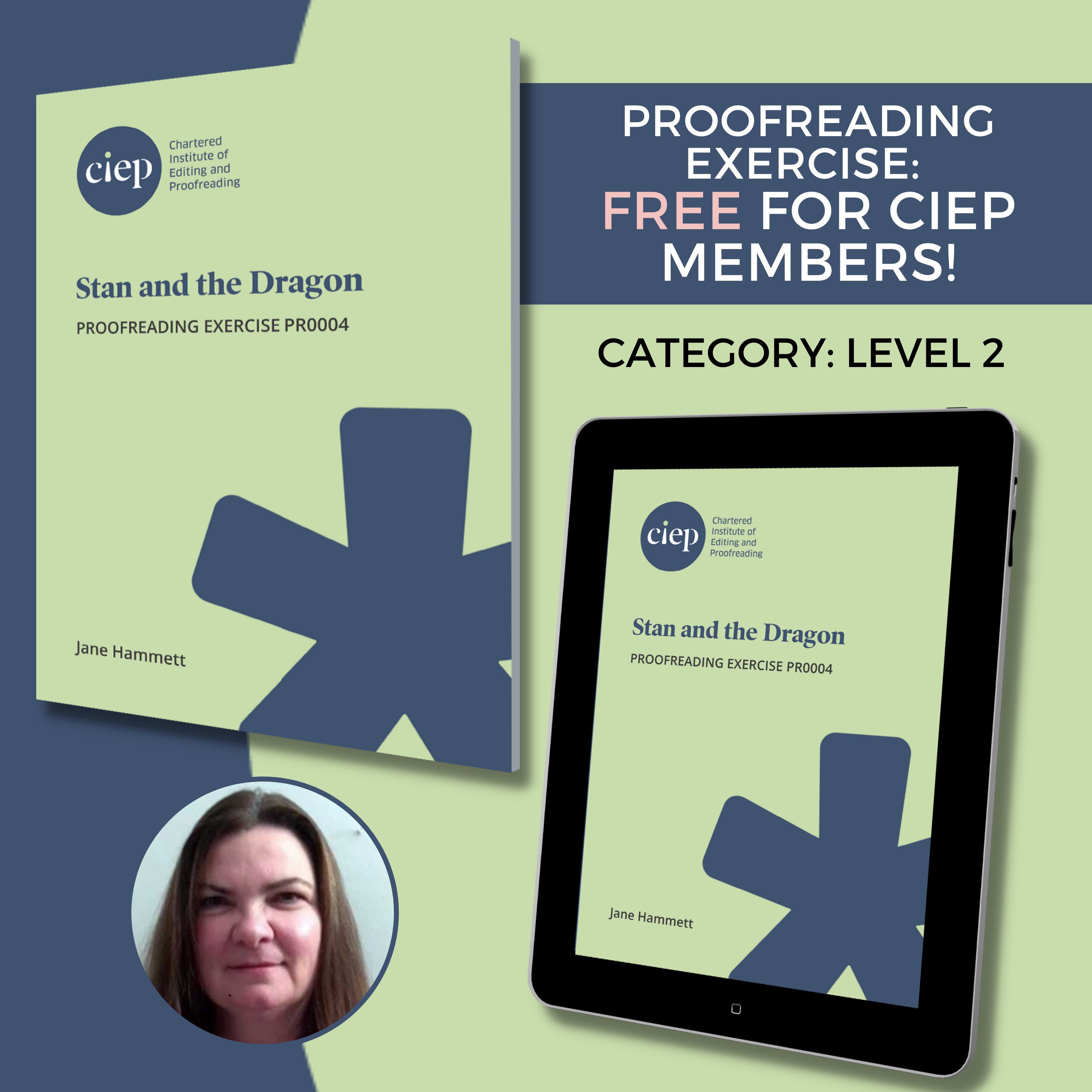
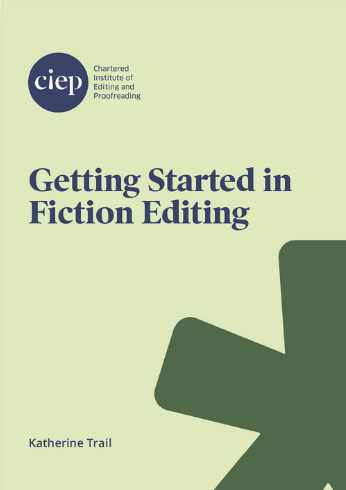
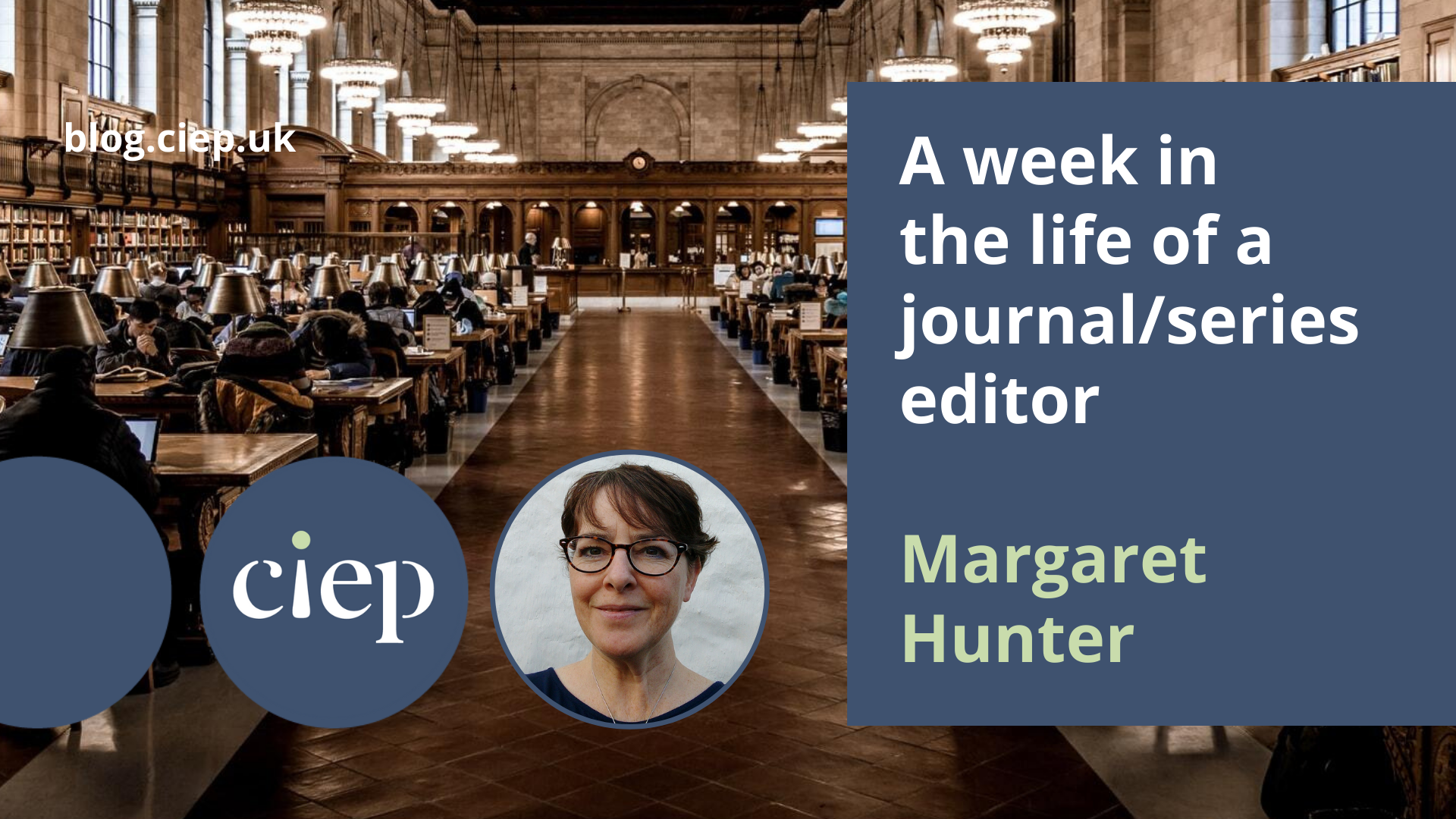
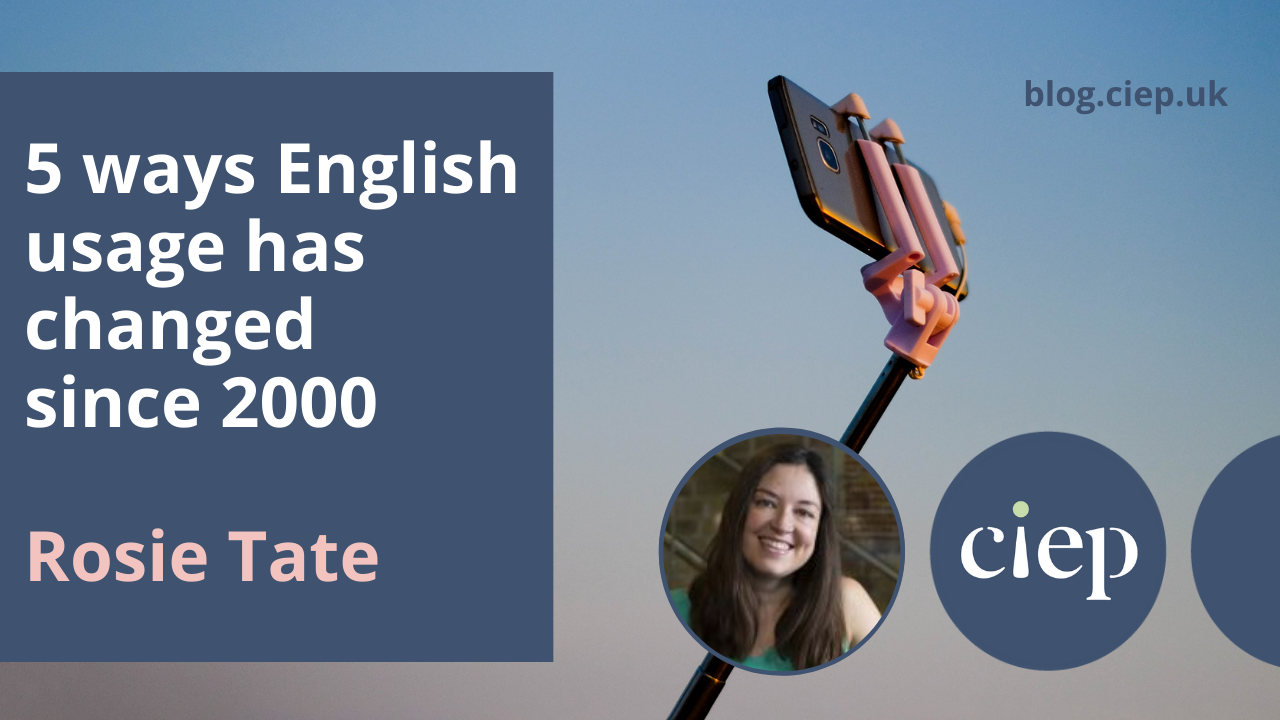

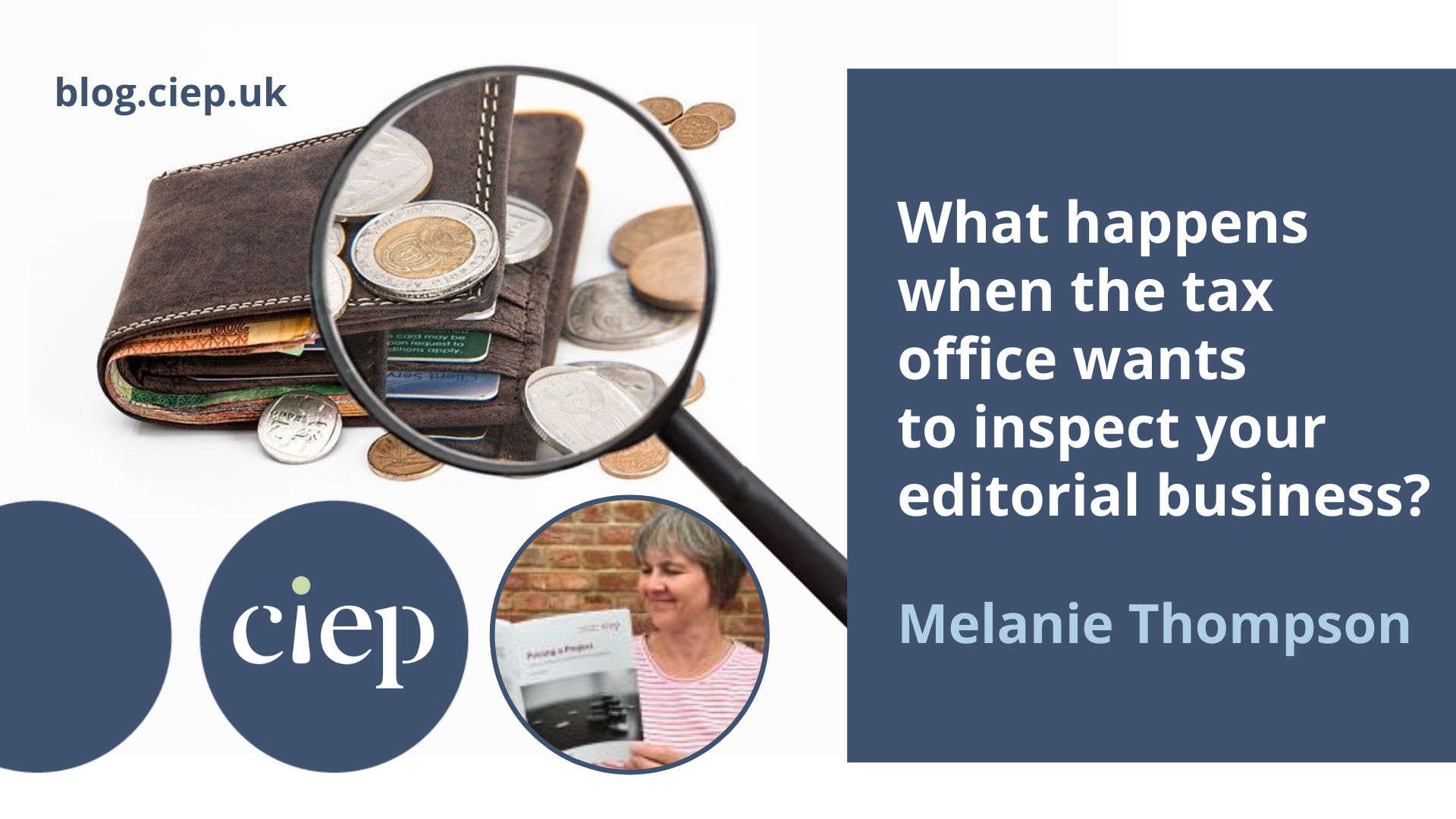
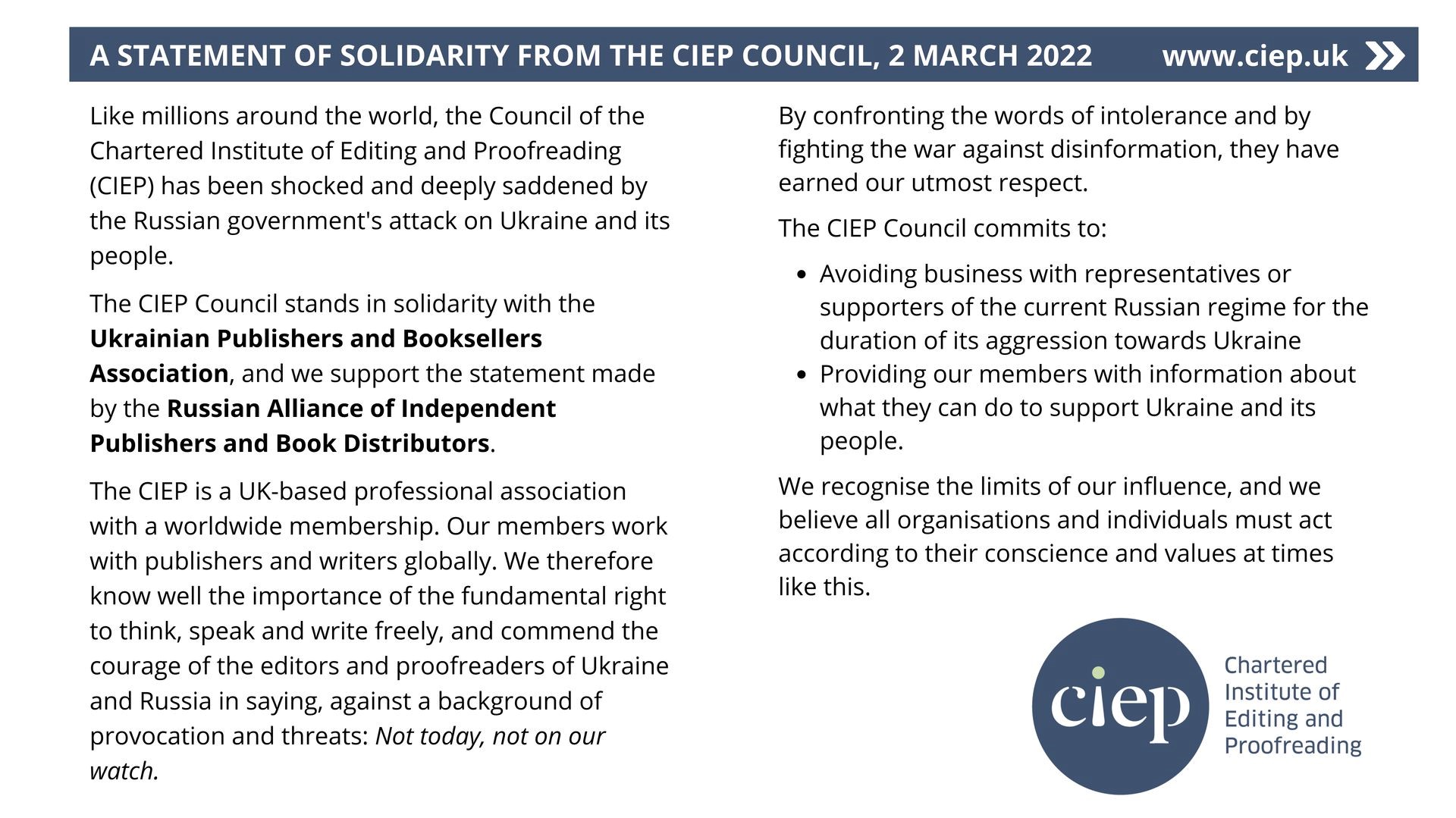
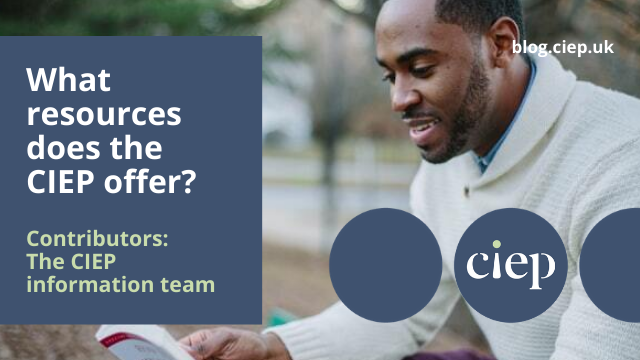
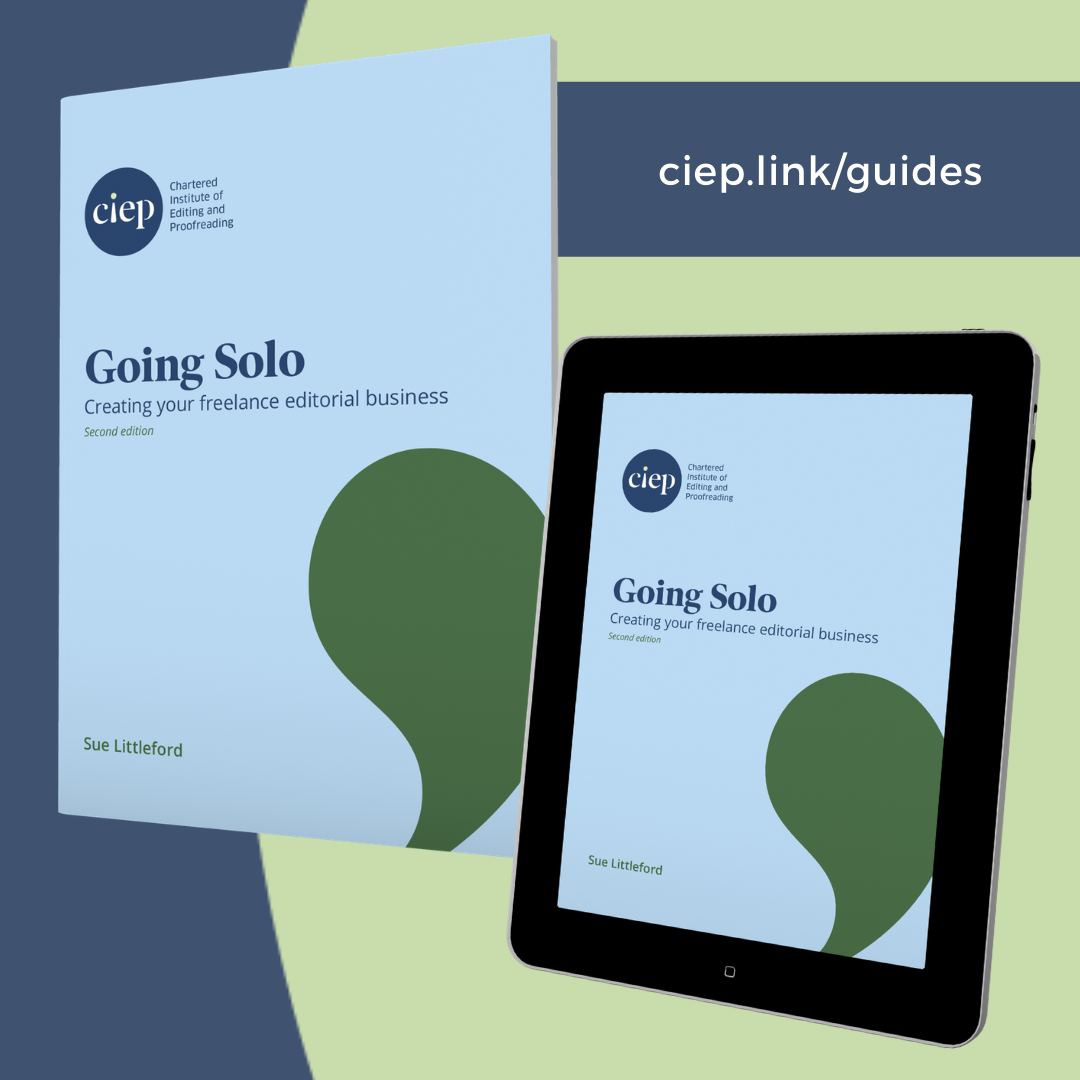
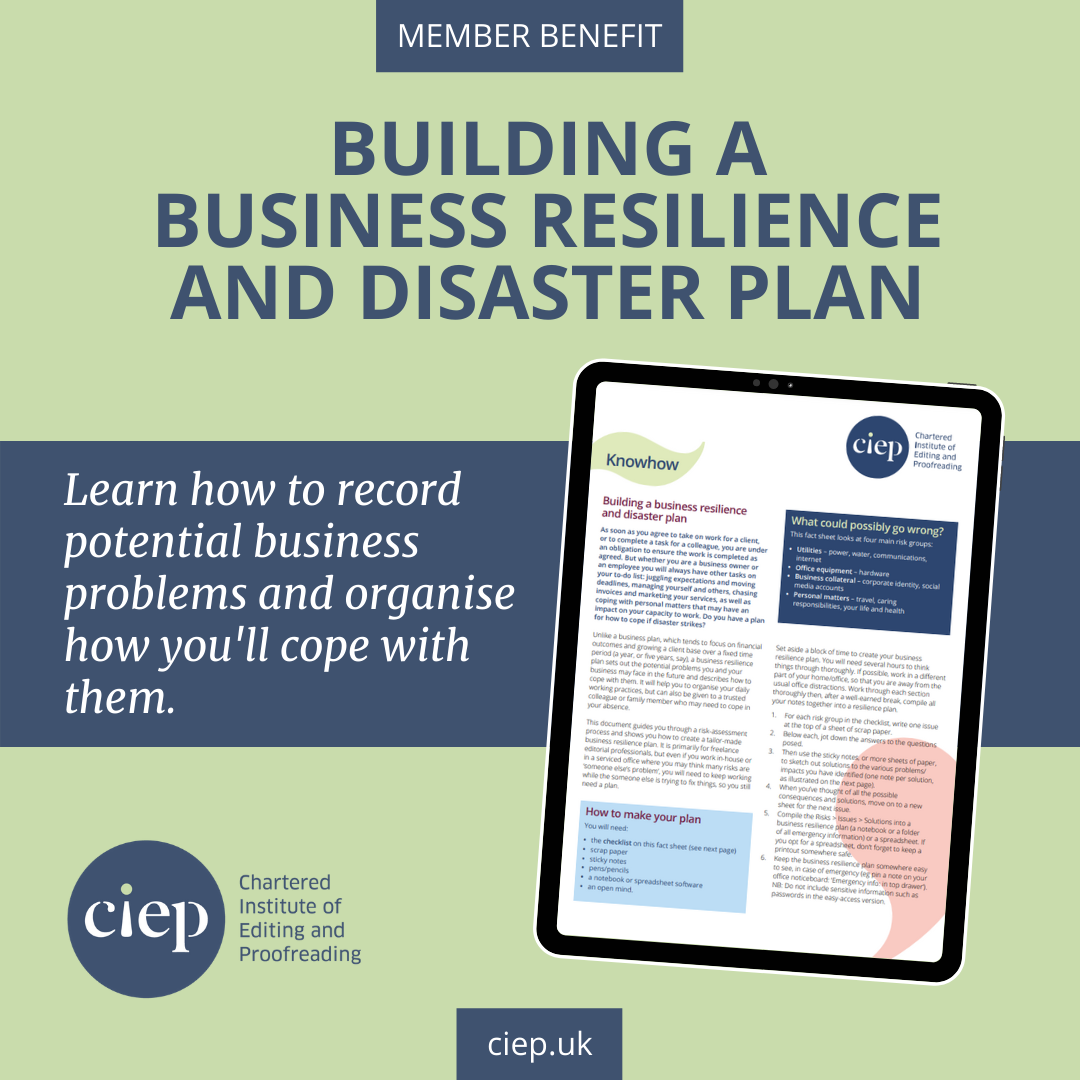
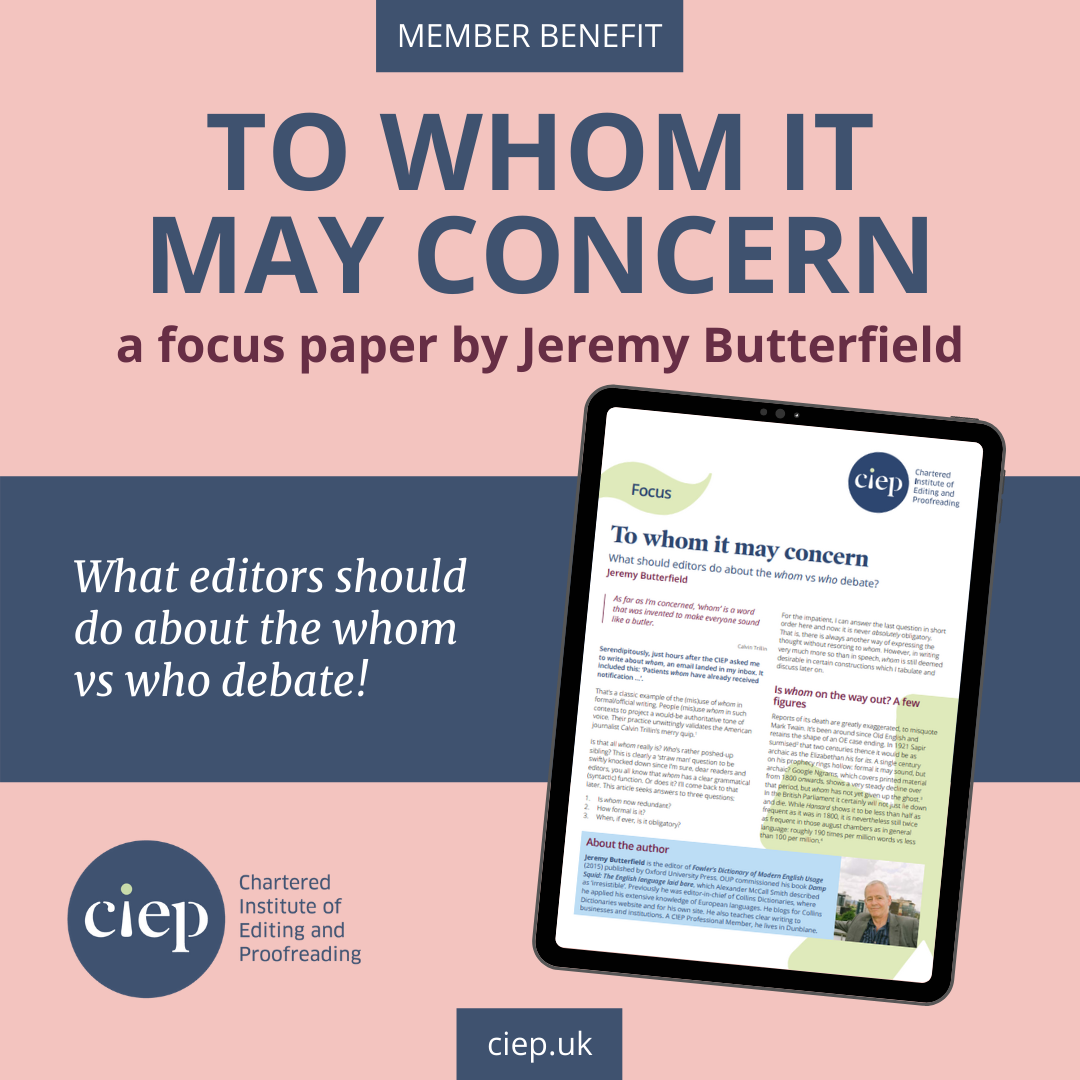
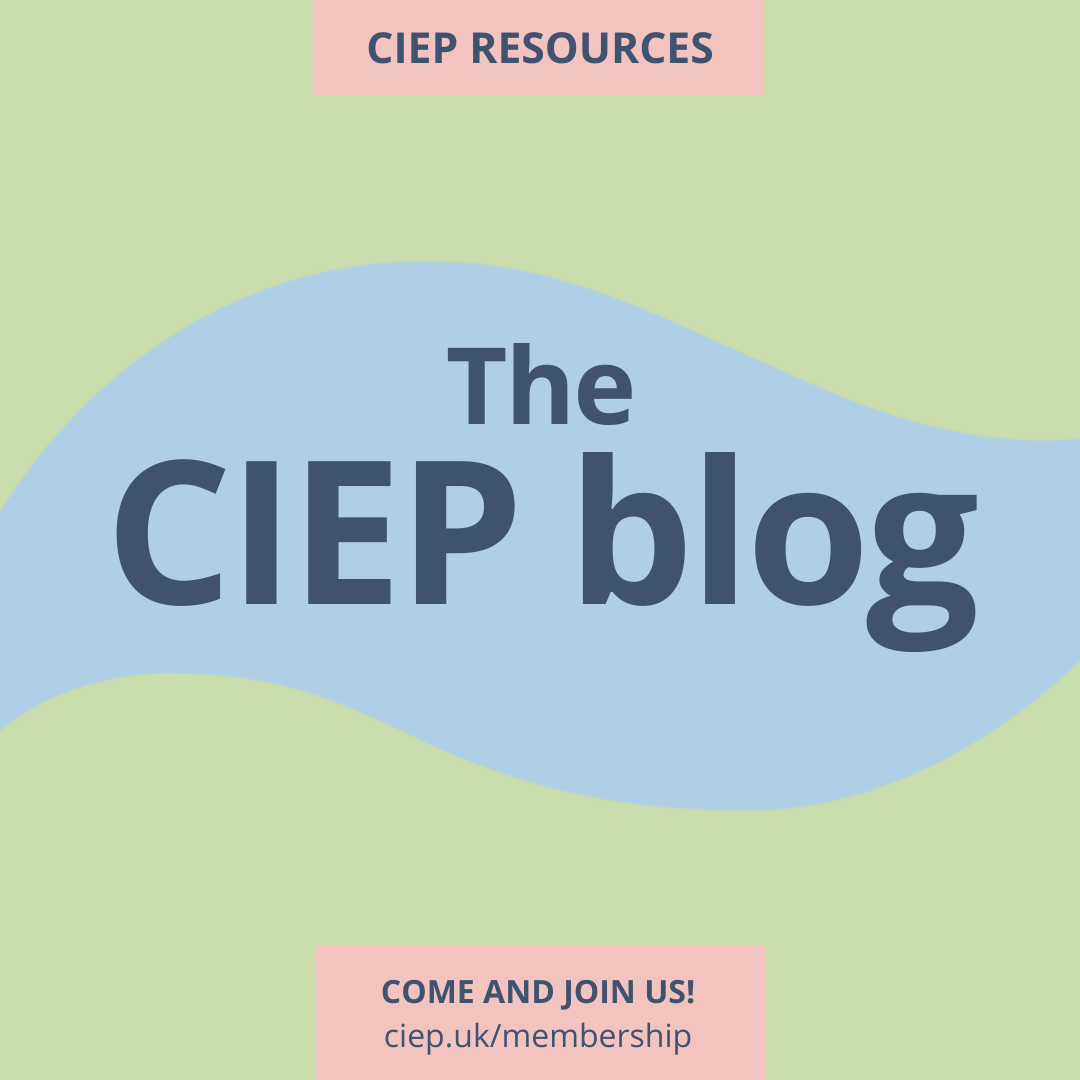
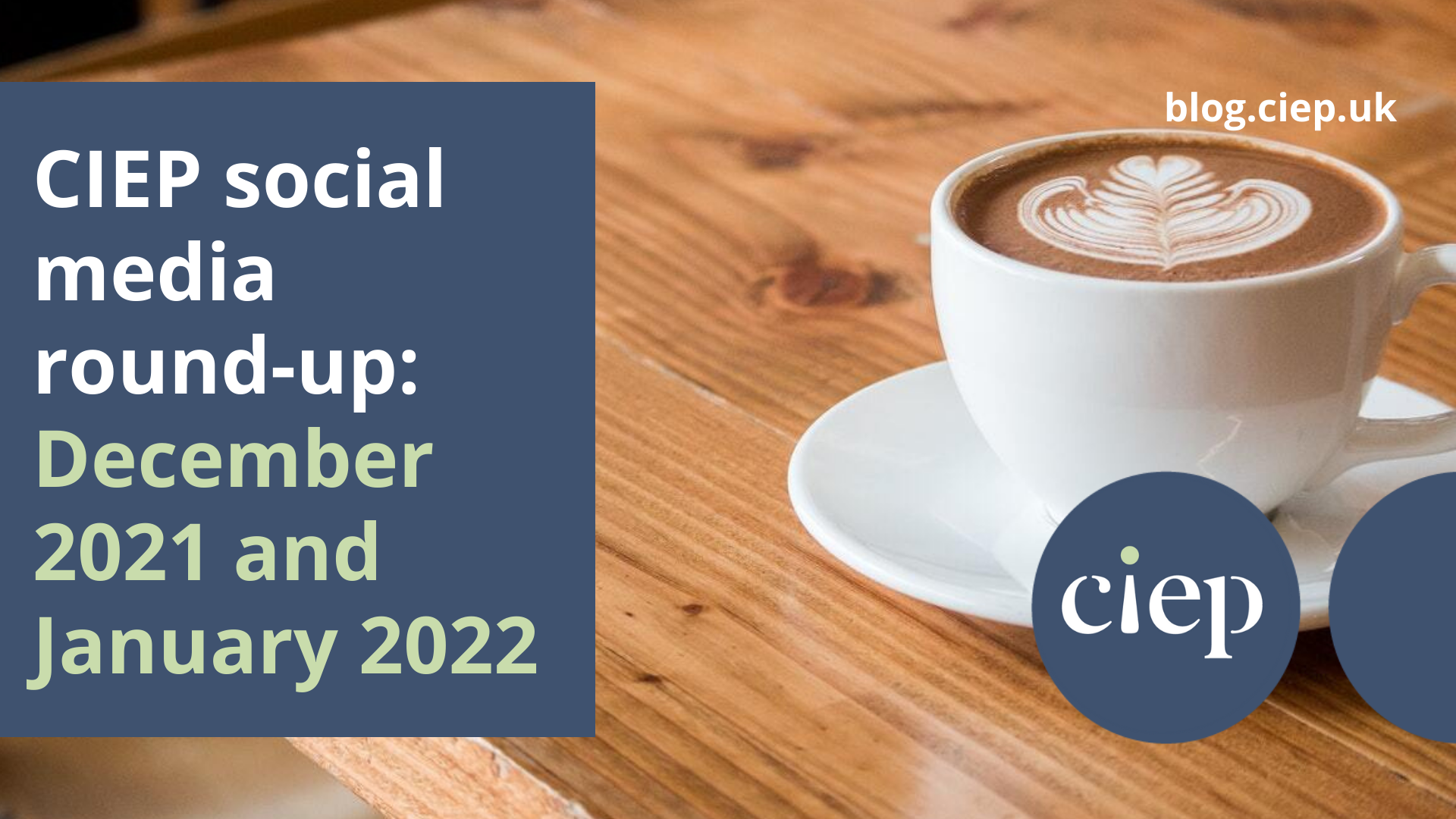
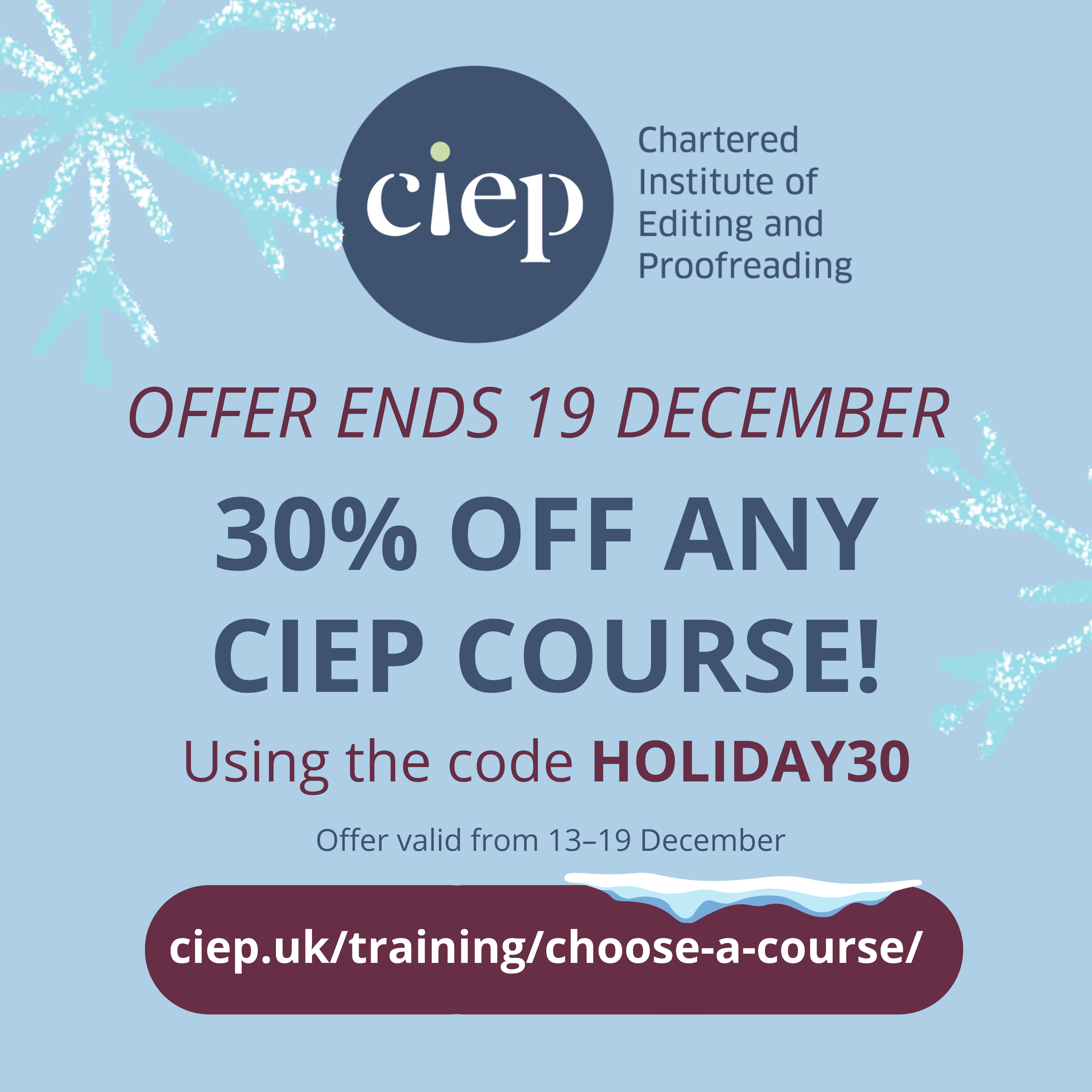 In January we launched the
In January we launched the 